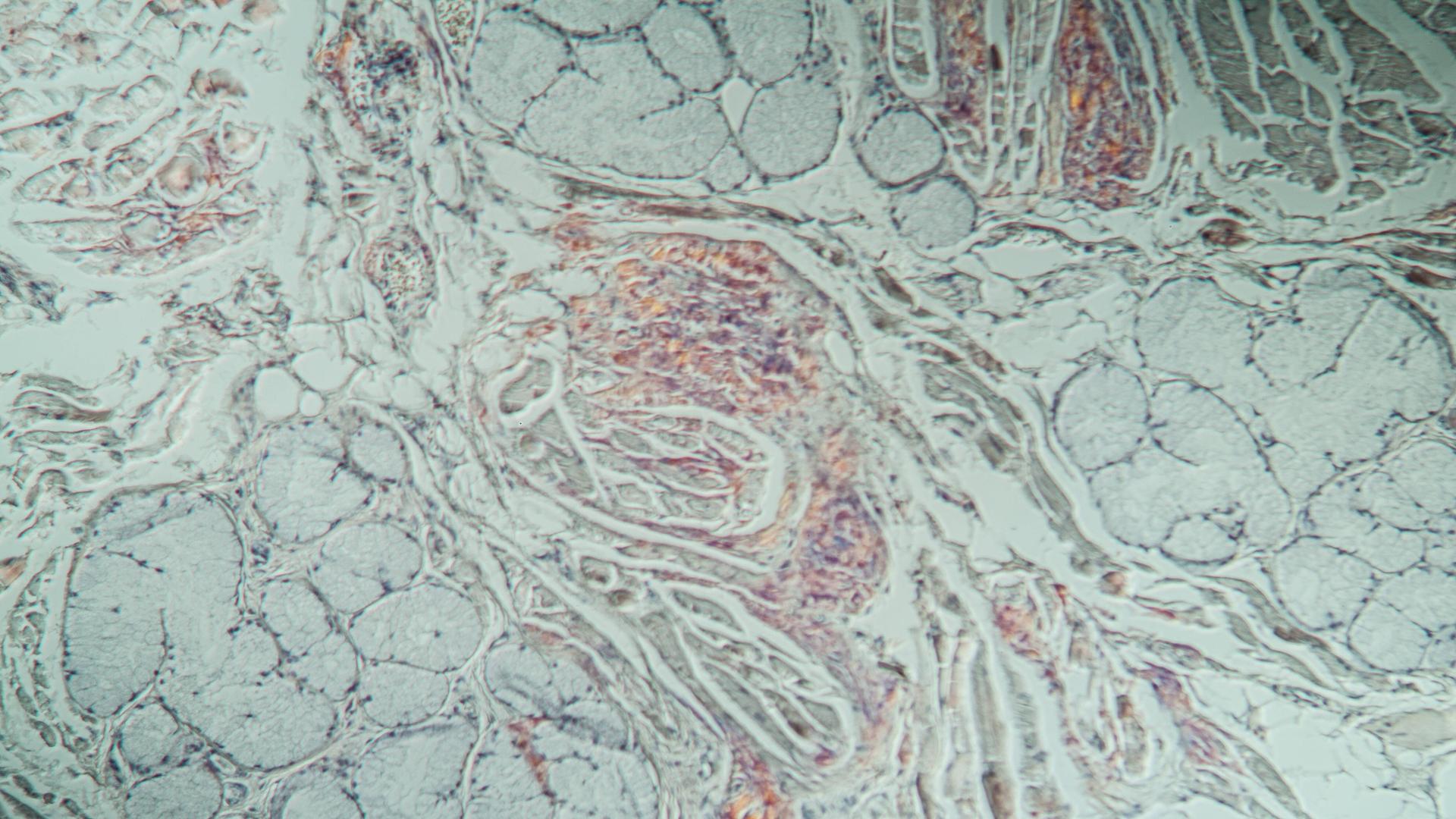
Researchers from institutes around the world worked together on the project. In Germany, Diego Sepúlveda Valla of the Institute of Neuropathology at the University Hospital Hamburg-Eppendorf (UKE) participated. Sepulveda Vala explained that “the protective effect of the genetic mutation was particularly strong in a key region of the brain for learning and memory processes, neurons in which are usually the first to be damaged during Alzheimer’s disease.” A study is now being conducted on whether and how knowledge about the mutation can be used in a therapeutic approach against Alzheimer’s disease.
A similar disease case had already been investigated in 2019. Here, a genetic variant was identified in another protein that was responsible for the slow progression of the disease. “The fact that there was a second case with a protective genetic variant in addition to the case reported in 2019 suggests that there may be more people who carry mutations that can protect against this disease,” said the UKE researcher.
Alzheimer’s disease leads to the breakdown of nerve cells in the brain and thus a decrease in the patient’s capabilities. The clinical picture includes disorders of memory, orientation, speech disorders, disturbances of thinking and judgment, as well as personality changes.
